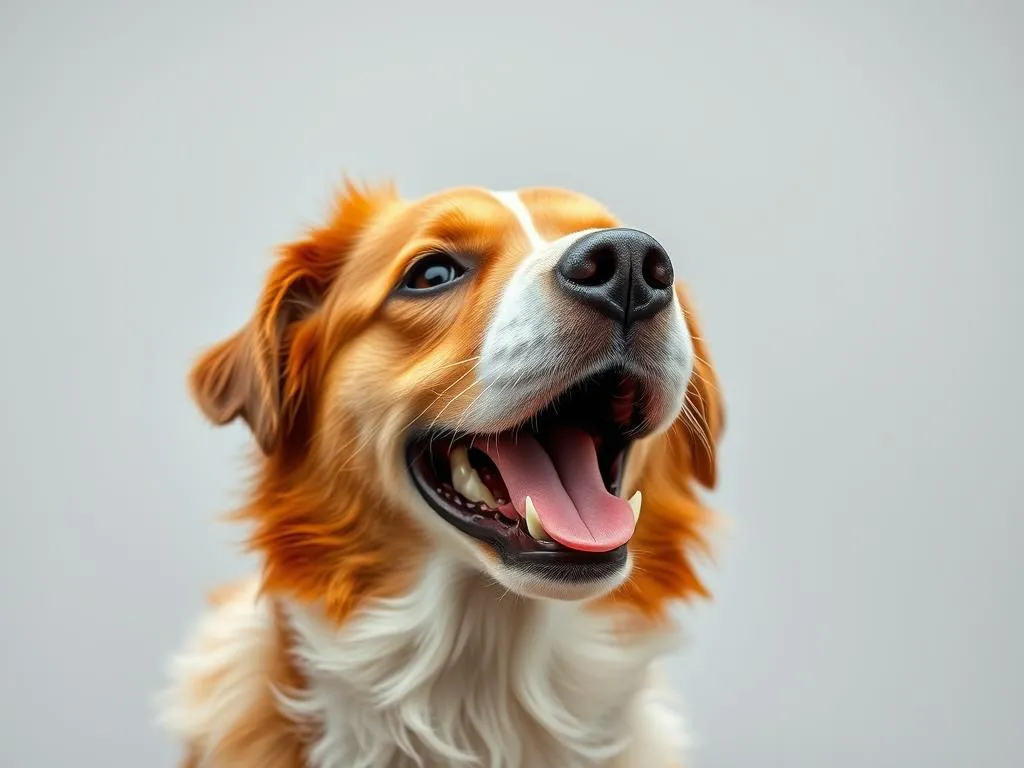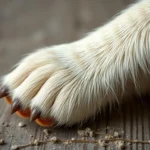
Introduction
Dog health care is a vital aspect of responsible pet ownership, encompassing everything from regular vet visits to understanding behavioral cues. One intriguing behavior that many dog owners notice is why do dogs sneeze when excited? This phenomenon is not only a curious quirk but also an important aspect of canine communication. Understanding the reasons behind this behavior can enhance our bond with our furry friends and help us ensure their overall well-being.
Understanding Dog Behavior
The Importance of Behavioral Cues
Dogs are expressive creatures, often communicating their feelings and needs through various behaviors. While barking and tail wagging are among the most recognized forms of communication, sneezing is another significant cue that can convey excitement, playfulness, or even discomfort. It’s essential for dog owners to pay attention to these subtleties, as they can offer insight into a dog’s emotional state.
Types of Sneezing in Dogs
Not all sneezes are created equal. Dogs may sneeze for various reasons, and it’s crucial to differentiate between normal sneezing and those that may signal health issues. Common contexts for sneezing include:
- Playtime: Dogs often sneeze during playful interactions, which can indicate excitement or an invitation to continue playing.
- Allergies: Environmental allergens can trigger sneezing, often accompanied by other symptoms like itching or watery eyes.
- Respiratory Issues: Sneezing can also be a sign of illness, particularly if it becomes frequent or is accompanied by other concerning symptoms.
By understanding these contexts, dog owners can better interpret their pets’ behaviors and respond appropriately.
Why Do Dogs Sneeze When Excited?
Physiological Reasons for Sneezing
The mechanics of a dog’s sneeze are similar to those of humans. When a dog’s nasal passages become irritated or stimulated, the body reacts by expelling air forcefully through the nose. Excitement can trigger this response due to heightened activity in the nervous system. During moments of joy or play, the respiratory rate increases, which may lead to an involuntary sneeze.
Emotional and Psychological Factors
Excitement can have a profound effect on a dog’s nervous system, often leading to a range of behaviors, including sneezing. When dogs are excited—whether greeting a beloved human, playing with another dog, or exploring a new environment—their emotional state can manifest in various ways. Sneezing during these moments serves as a form of expression, signaling happiness and engagement.
Sneezing as a Play Signal
The concept of “play sneezing” is fascinating. This type of sneeze often occurs during play sessions, acting as a social signal between dogs. For instance, when one dog sneezes while playing, it can indicate that they are enjoying the interaction and want to continue. This behavior helps to establish a playful atmosphere and fosters positive interactions among canine companions.
When Sneezing May Indicate Health Issues
Recognizing Abnormal Sneezing Patterns
While sneezing can be a normal part of a dog’s behavior, it’s crucial to recognize when it may indicate an underlying health problem. Signs that a sneeze is not normal include:
- Frequency: If your dog sneezes excessively and it seems out of character.
- Duration: Persistent sneezing that lasts longer than usual.
- Accompanying Symptoms: Other signs of illness, such as lethargy, discharge from the nose, or coughing.
Common Health Problems Linked to Sneezing
Several health issues can cause sneezing in dogs, and being aware of these can help you take timely action:
-
Allergies: Dogs can be sensitive to various environmental allergens, including pollen, dust, and mold. Symptoms may include sneezing, itching, and watery eyes. Treatment often involves antihistamines or allergy shots, as well as minimizing exposure to allergens.
-
Respiratory Infections: Conditions like kennel cough or canine influenza can lead to sneezing, coughing, and nasal discharge. Watch for signs of lethargy or loss of appetite, and consult your vet if these symptoms occur.
-
Nasal Irritants: Common irritants, such as smoke, strong scents, or household cleaning products, can cause sneezing. It’s essential to ensure your dog’s environment is free from these irritants to maintain their health.
When to Consult a Veterinarian
If you notice signs of abnormal sneezing or if your dog displays any concerning symptoms, seeking professional advice is crucial. Regular veterinary check-ups play a vital role in preventing health issues and ensuring your dog remains in optimal condition. Early detection and intervention can significantly improve outcomes for various health problems.
Tips for Maintaining Dog Health
Regular Veterinary Care
Routine veterinary care is the cornerstone of dog health. Regular vaccinations and check-ups can prevent numerous health issues and ensure your pet remains healthy and happy. During these visits, your vet can provide guidance on preventive measures tailored to your dog’s specific needs, including parasite control and dental care.
Proper Nutrition and Hydration
A balanced diet is essential for your dog’s overall health. Providing high-quality dog food that meets their nutritional needs will help maintain their energy levels and promote a strong immune system. Don’t forget the importance of hydration—always ensure your dog has access to fresh water, as proper hydration is vital for bodily functions.
Exercise and Mental Stimulation
Physical activity is crucial for your dog’s health and well-being. Regular exercise helps maintain a healthy weight, supports cardiovascular health, and reduces behavioral issues. Engaging in activities like walks, fetch, or agility training can provide the necessary physical outlet. Additionally, mental stimulation is equally important. Interactive toys, puzzle feeders, and training sessions can keep your dog mentally engaged, reducing excitement-related sneezing during play.
Creating a Safe Environment
Minimizing allergens in your home is essential for maintaining your dog’s health. Regular cleaning, using air purifiers, and keeping your dog’s sleeping area free from dust and irritants can help create a safe environment. Additionally, being mindful of potential hazards in your dog’s surroundings—such as toxic plants or hazardous materials—can prevent accidents and health issues.
Conclusion
Understanding why dogs sneeze when excited is a fascinating aspect of dog behavior that highlights the importance of communication in our furry companions. While excitement sneezing is generally a normal part of play, it’s essential for dog owners to monitor their pets for signs of abnormal sneezing patterns that may indicate health issues. By staying informed about dog health care practices and being attentive to our pets’ needs, we can ensure their happiness and well-being.
FAQs
Is it normal for dogs to sneeze when playing?
Yes, it is quite normal for dogs to sneeze when excited or during play. This behavior, known as “play sneezing,” is a form of communication that signals enjoyment and encourages continued interaction.
How can I tell if my dog’s sneezing is serious?
Monitor the frequency and duration of your dog’s sneezing. If it becomes excessive, lasts longer than usual, or is accompanied by other symptoms like coughing, nasal discharge, or lethargy, consult your veterinarian for advice.
Can allergies cause sneezing in dogs?
Yes, allergies are a common cause of sneezing in dogs. If your dog shows signs of sneezing along with itching or watery eyes, they may be experiencing an allergic reaction. It’s important to consult a veterinarian for proper diagnosis and treatment.
What should I do if my dog sneezes frequently?
If your dog sneezes frequently, monitor for any other unusual symptoms. If the sneezing persists or is accompanied by other concerning signs, it’s best to consult a veterinarian to rule out any underlying health issues.
How can I reduce my dog’s excitement-related sneezing?
To minimize sneezing caused by excitement, ensure your dog gets regular exercise and mental stimulation. Engaging in structured playtime and providing interactive toys can help channel their energy in a positive way.









